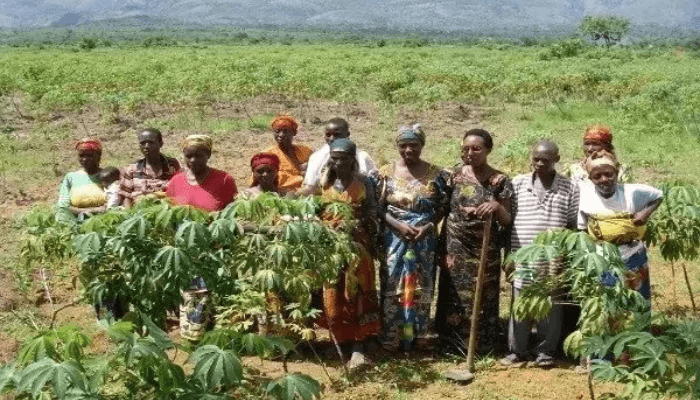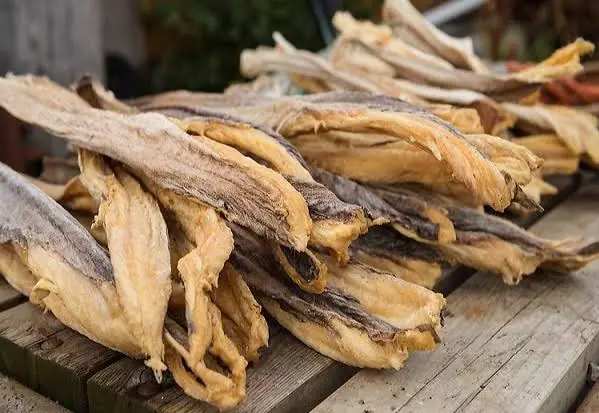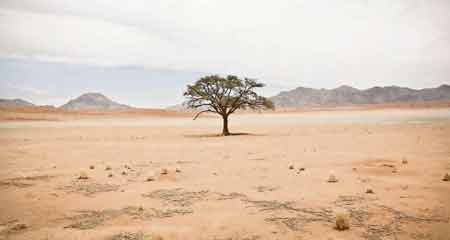As part of efforts to ensure food security and job creation for rural youths and women through agric-enterprise development, over 1,000 youths from Ondo State South West Nigeria, will benefit from the International Fund for Agricultural Development Livelihood Improvement Family Enterprises in Niger Delta (IFAD/Life-ND) project.
The Coordinator of the programme, Prince Olawale Ademola who disclosed this during training for the beneficiaries in Akure, the state capital, said beneficiaries were picked from ten local government areas in the state.
He revealed that the project was put in place by the Federal Government of Nigeria (FGN) in collaboration with International Fund for Agricultural Development (|FAD) and Niger Delta Development Commission (NDDC).
He said about 260 youths were trained in four different enterprises in 2020 while 920 were trained, empowered, and could set up their businesses as entrepreneurs in 2022.
Prince Ademola added that the International Fund for Agricultural Development Livelihood Improvement Family Enterprises in Niger Delta (IFAD/Life-ND) project would continue to empower the beneficiaries while they will be monitored and supported after their graduation from the programme.
According to him“The Project is in response to the limited readily available options for “disadvantaged’ (youth and women) in the rural and suburban communities to improve their livelihood.
“It is to help them to live decent lives and to promote community-based, on-farm, and off-farm business activities along key agricultural value chain as a mechanism for job and wealth creation amongst unemployed youths and women-headed households.
“Now, we are bringing 1,000 beneficiaries on board as incubated, they will be trained, empowered and they will start doing their businesses, they will also be mentored, so that they can equally bring in other youths in the society, ” he said.
Prince Ademola added that the essence of the orientation is to educate the beneficiaries about IFAD/LIFE-ND and what they are coming to acquire in the project.
He said the beneficiaries would be trained in fish farming, poultry farming, cocoa business, and cassava business urging them to get it right in order to be independent and be empowered with a means of livelihood and become an employer of labour in the society.
By Dare Akogun





